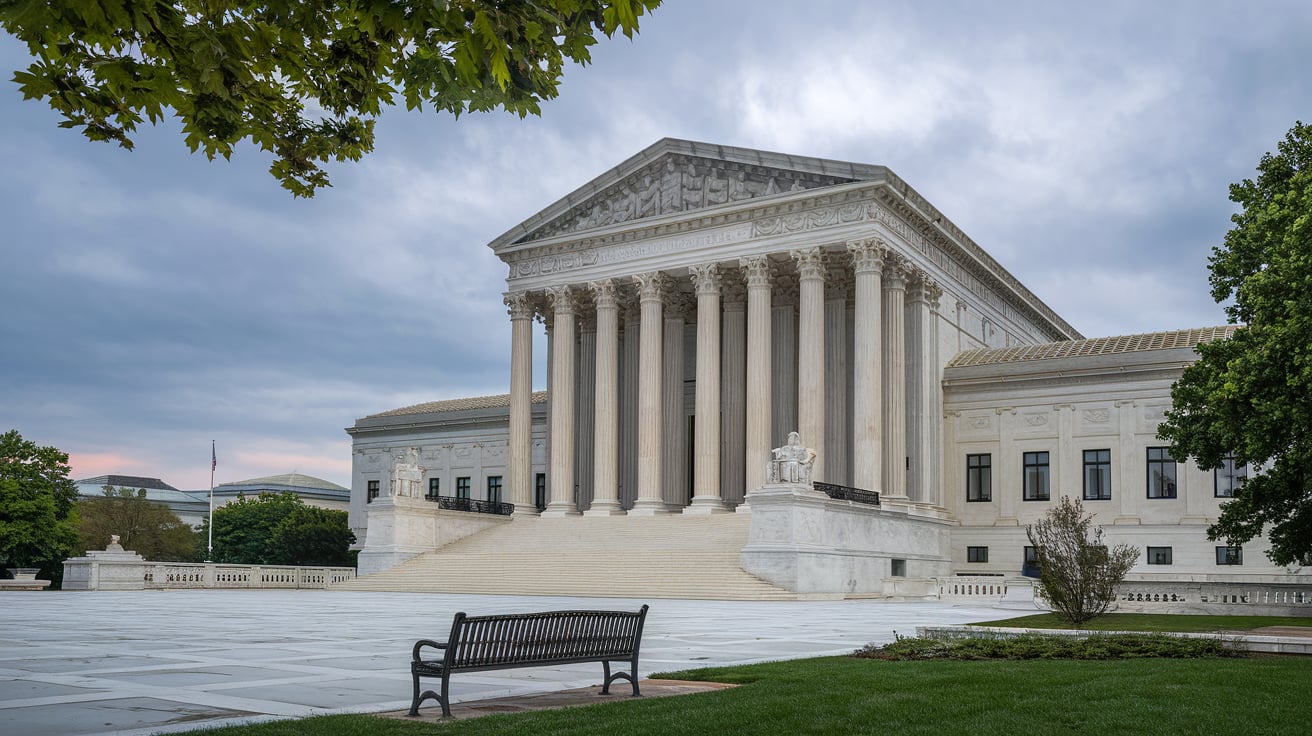Understanding Section 9 of the NADRA Ordinance: Scope and Legal Interpretation
The National Database and Registration Authority (NADRA) Ordinance, 2000, is a pivotal piece of legislation in Pakistan that governs the establishment and functioning of NADRA. Among its various provisions, Section 9 holds significant importance, addressing matters related to the maintenance of records and the legal implications surrounding them. This article explores Section 9 in detail, incorporating relevant case law to elucidate its application and judicial interpretation.
Text of Section 9 of the NADRA Ordinance
Section 9 of the NADRA Ordinance outlines the authority’s responsibility to ensure the accuracy, confidentiality, and integrity of the national database. It mandates NADRA to:
- Maintain accurate and updated records of Pakistani citizens.
- Safeguard the information against unauthorized access, misuse, or tampering.
- Ensure that the data is used strictly for lawful purposes.
The provision serves as a safeguard to protect citizens’ sensitive information while enabling NADRA to fulfill its mandate effectively.
Key Aspects of Section 9
- Maintenance of Records: NADRA is tasked with maintaining comprehensive and accurate records of all citizens. This includes the issuance of identity cards, birth certificates, and other related documents.
- Data Confidentiality: Section 9 emphasizes the protection of personal data, making it imperative for NADRA to implement stringent security measures.
- Authorized Use of Data: The section limits the use of database information to authorized and lawful purposes, thereby reducing the risk of misuse.
Judicial Interpretation of Section 9
Over the years, Pakistani courts have dealt with various cases related to Section 9, which highlight its practical implications and judicial oversight.
- Shahzad Ahmed v. NADRA (2013 SCMR 902): In this case, the Supreme Court of Pakistan examined allegations of data misuse by NADRA officials. The court emphasized the authority’s duty to ensure data confidentiality and directed NADRA to implement advanced technological measures to prevent unauthorized access.
- Muhammad Irfan v. NADRA (2017 CLD 354): This case revolved around discrepancies in the national database leading to wrongful denial of identity cards. The Lahore High Court held that NADRA’s failure to maintain accurate records constituted a violation of Section 9. The court ordered corrective measures and compensation for the petitioner.
- State v. Unknown (2020 PLD 88 Karachi): In a high-profile data breach case, the Sindh High Court interpreted Section 9 in the context of cybercrime. The court underlined NADRA’s obligation to secure its systems against external threats, linking its responsibilities under Section 9 with provisions of the Prevention of Electronic Crimes Act, 2016.
Challenges in Implementation
While Section 9 establishes robust standards for data management, NADRA faces several challenges in its implementation:
- Technological Constraints: Despite advancements, resource limitations hinder NADRA’s ability to adopt cutting-edge data protection technologies.
- Data Breaches: Incidents of unauthorized data access expose vulnerabilities in NADRA’s systems, raising concerns about compliance with Section 9.
- Judicial Oversight: Courts frequently encounter cases where NADRA’s lapses have led to significant legal and social repercussions, reflecting the need for stricter adherence to Section 9.
Conclusion
Section 9 of the NADRA Ordinance serves as a cornerstone for the authority’s operations, ensuring the protection and lawful use of sensitive citizen data. Judicial interpretations underscore the importance of adhering to its mandates, while also highlighting areas requiring improvement. As Pakistan continues to digitize its governance systems, effective enforcement of Section 9 will be critical in building public trust and ensuring the integrity of national records.









